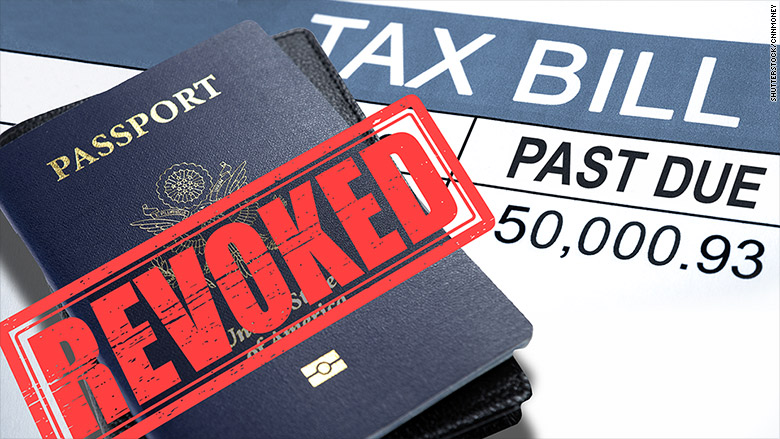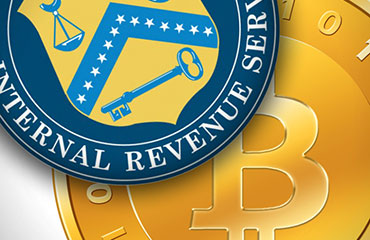Taxpayer Bill of Rights
Taxpayer’s Bill of Rights
In tough economic times, many business owners and self-employed people find it difficult or impossible to pay their Federal taxes. When the debt is too large to pay, you then get the joy of negotiating with the Internal Revenue service.
NOTE: Of course, everyone has a hard time paying their taxes. Business owners and the self-employed are more likely to have large debts because many do not have taxes withheld from their paychecks, do not make quarterly estimates, and hope that there is enough cash in the business at the end of the year to keep the IRS at bay.
The following is a list of protections that taxpayers have when facing the IRS, known in the industry as the “Taxpayer’s Bill of Rights.” The first step in dealing with the IRS is to know these basic rights.
- Innocent Spouse Relief (Publication 971):
- Is available for ALL understatements of tax (previously, only substantial understatements) attributable to erroneous items (previously, only grossly erroneous items) of the other spouse.
- You must file this claim within 2 years of the IRS beginning collection action.
- You must show that the innocent spouse did not know and had no reason to know about the underpayment of taxes.
- Innocent Spouse can be claimed for any tax liability arising after July 22, 1998 and any tax liability unpaid as of that date.
- If Innocent Spouse is claimed and rejected, you can file a petition and go to tax court.
- The IRS can grant equitable relief to taxpayers who do not satisfy the above tests.
- If you filed a joint return, you can use innocent spouse as long as: 1) you are divorced or legally separated, or b) have been living apart for more than one year.
- The IRS must abide by the Fair Debt and Collections Practices Act, which includes not communicating with you at an inconvenient time or place. This right basically protects against harassment.
- The 10-year statute of limitations period on collection may generally not be extended, if there has been no lien on any of the taxpayer’s property.
- The IRS must give you an installment agreement if:
- You owe less than $10,000.
- In the previous 5 tax years you have NOT 1) failed to file a tax return, 2) failed to pay any tax required to be shown on a return, and/or 3) entered into an installment agreement. and
- Require full payment within 3 years.
- A supervisor must approve the issuance of a Notice of Lien or Levy or seizing of property.
- The IRS must notify you within 5 business days after the filing of a Notice of Lien and must include certain information in the notice, such as the amount of the tax and your appeal rights.
- Anyone who will be affected by the filing of a lien is entitled to a fair hearing with an Appeals officer who had no prior involvement with the unpaid tax that gave rise to the filing of the lien.
- You can get a certificate of discharge of a lien by depositing the amount in question with the IRS or you furnish a bond. You then have the right to sue to dispute the tax due.
- The IRS must release a wage levy once it is determined that your outstanding tax liability is uncollectible. This basically means that the IRS determines that you do not have the financial resources (cash flow after allowed business and personal expenses and assets) to pay the debt.
- You and 3rd parties can sue for money damages for reckless or intentional disregard of the statutory collection provisions. This has been made easier because it includes negligence on the part of an IRS employee. You must first follow administrative remedies and you are limited to $100k for negligence and $1m for intentional or reckless disregard.
- The IRS must notify you, 30 days before filing a levy, that you have a right to a hearing.
- You can then request an appeals officer hear the case before the levy.
- You cannot challenge the underlying tax unless you had no previous opportunity to do so.
- If not resolved, you have 30 days to appeal to the U.S. Tax Court or Federal Court.
- Increase the amounts exempted from levy to $6,250 for furniture and personal effects and $3,125 for tools of the trade.
- Property can’t be sold below the property’s minimum bid price.
- Where no one is willing to pay the minimum bid price, the IRS can return the property or it is deemed to have paid that price.
- b. Generally, this is 80% or more of the forced sale value.
- If the amount of the debt is less than $5,000, the IRS cannot take your primary residence.
- The IRS cannot seize your principle residence without prior court approval.
- The IRS cannot reject an Offer in Compromise from a low income taxpayer solely on the basis of the amount of the offer.
- While you have an Offer in Compromise pending, and 30 days thereafter, the IRS cannot take your property or levy your bank account.
The key to success and minimizing the expense, in your dealings with the IRS is a well-planned and documented financial statement, used to setup an installment agreement or to submit an Offer in Compromise.







